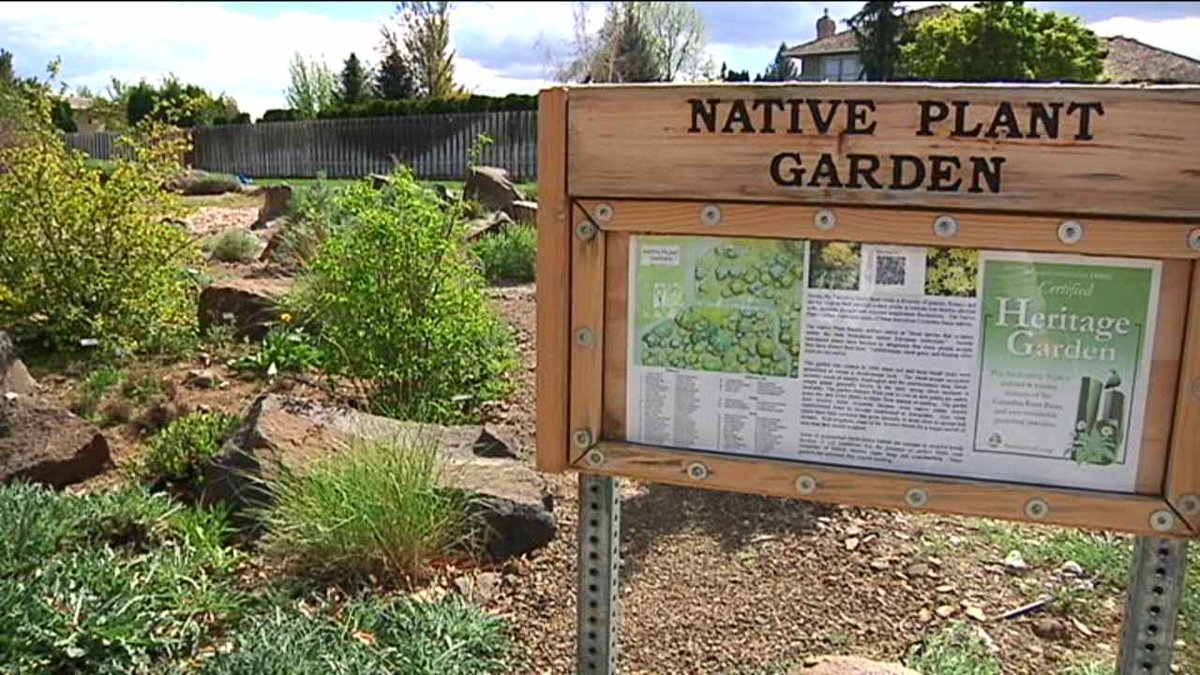This a good year to roll out Yakima Basin residential drought plan
By Joye Redfield-Wilder, Central Regional Communications Manager
Some 300 years ago, Thomas Fuller wrote, "We never know the worth of water, till the well is dry." An apt statement for this year’s drought.
Water conservation can make a difference in our communities. Seattle is a national model for water efficiency, despite its rainy climes, and uses the same amount of water yearly that it did in the 1970s.
We know outside irrigation is the largest “consumer” of water in the United States. In the Yakima Valley and across Washington investments to change irrigation practices from flooding a field to sprinklers and drip are a great success.
Sadly, those efforts haven’t been enough. Why? It hasn’t rained in Seattle and the rivers aren’t running high anywhere. Mother Nature didn’t deliver a 10-foot pile of snow to slowly melt like in a typical year. We’re experiencing NOW what could be the new norm 40 years from now.
 |
| Record low flows in Teanaway River, tributary to the Yakima River |
Large urban areas and farmers have been paying attention and measuring both the environmental and economic costs of droughts. And planning ahead. Now it’s time for the rest of us to consider what we can do and why.
I live in the Yakima Valley, where my grandfather homesteaded on property near White Swan, grew potatoes, sold cream from his dairy cows and raised a large family. Water is the lifeblood of this fertile valley. Our families know acutely when the well runs dry and the pump goes out and the irrigation ditch is unfilled.
Water conservation is a crucial part of how we should address drought. It’s an important component of the Yakima River Basin integrated water management plan that looks to respond to current and future water short years. A fully implemented plan calls for everyone - not just farmers – to cut their water use to 70 percent of normal in a drought. This year, many farmers are getting only 46 percent of normal.
Efficient use of municipal and domestic water throughout the Yakima Basin can make a difference and is spelled out in the plan, using voluntary, incentive-based actions that focus on landscape irrigation and other consumptive uses.
Imagine if each of us decided to lop 30 percent off our summer water bills.
I know many pay a flat fee for their irrigation whether they use it or not. Others draw from private domestic wells. Still, imagine what using 30 percent less water would look like.
What better year than this for us to start examining how residential, commercial, public entities – cities, parks, schools – can improve how water is used and better yet NOT waste water in the first place.
Would it mean watering every other day instead of watering for 20 minutes a station EVERYDAY? This year in Kennewick, residents can only water twice a week at 20 minutes per station.
The savings could protect a declining aquifer and your domestic well and mean better water supplies for next year. Predictions are for another dire year. Let's plan ahead.
How about for school boards and park managers? Can we examine how frequently school yards and ball fields are watered and consult with conservation districts and Washington State University to land on optimum watering schedules that protect kids, but also not waste water? Could it be as simple as changing our watering schedule and sprinkler programs?
 |
| Benton Conservation District Native Plant Garden |
How many of us have walked across a soggy field or seen sprinklers watering the sidewalk? How many of us are ‘keeping up with the Jones’ in our yards? I know I’m guilty.
Consider making yours a heritage garden of low-water and native plants that will add beauty and help to respond to drought now and in the future.
This can be a positive experience and not a rude wake-up call. Y’all let’s get on board! Learn more at EPA WaterSense


No comments:
Post a Comment
We will not post comments with links to commercial sites, so please do not include them! Thank you.
(Comments Policy)